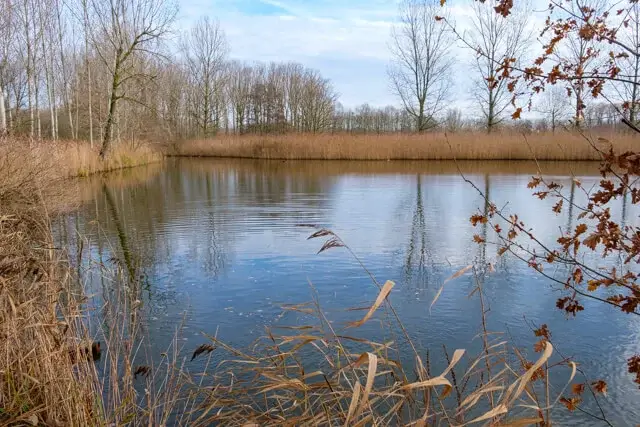This walk goes through various sub-areas of the Dam Valley, each with their own unique characteristics. The Dam Valley is a lowland moor, formed by a few silted up meanders of the Scheldt. Flowery, moist hay meadows, a large number of peat pits, willows, alder scrub and the Dam Valley Lake determine the landscape.
- Hits: 385
















































